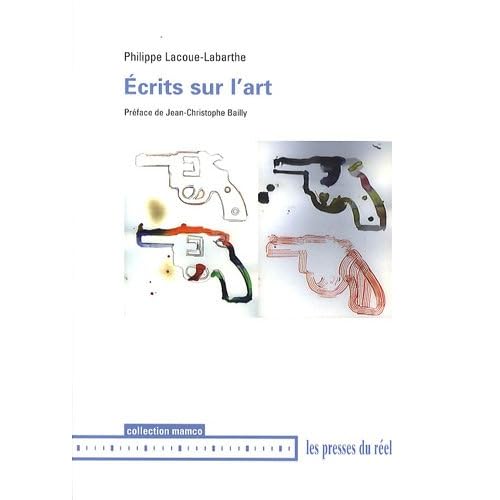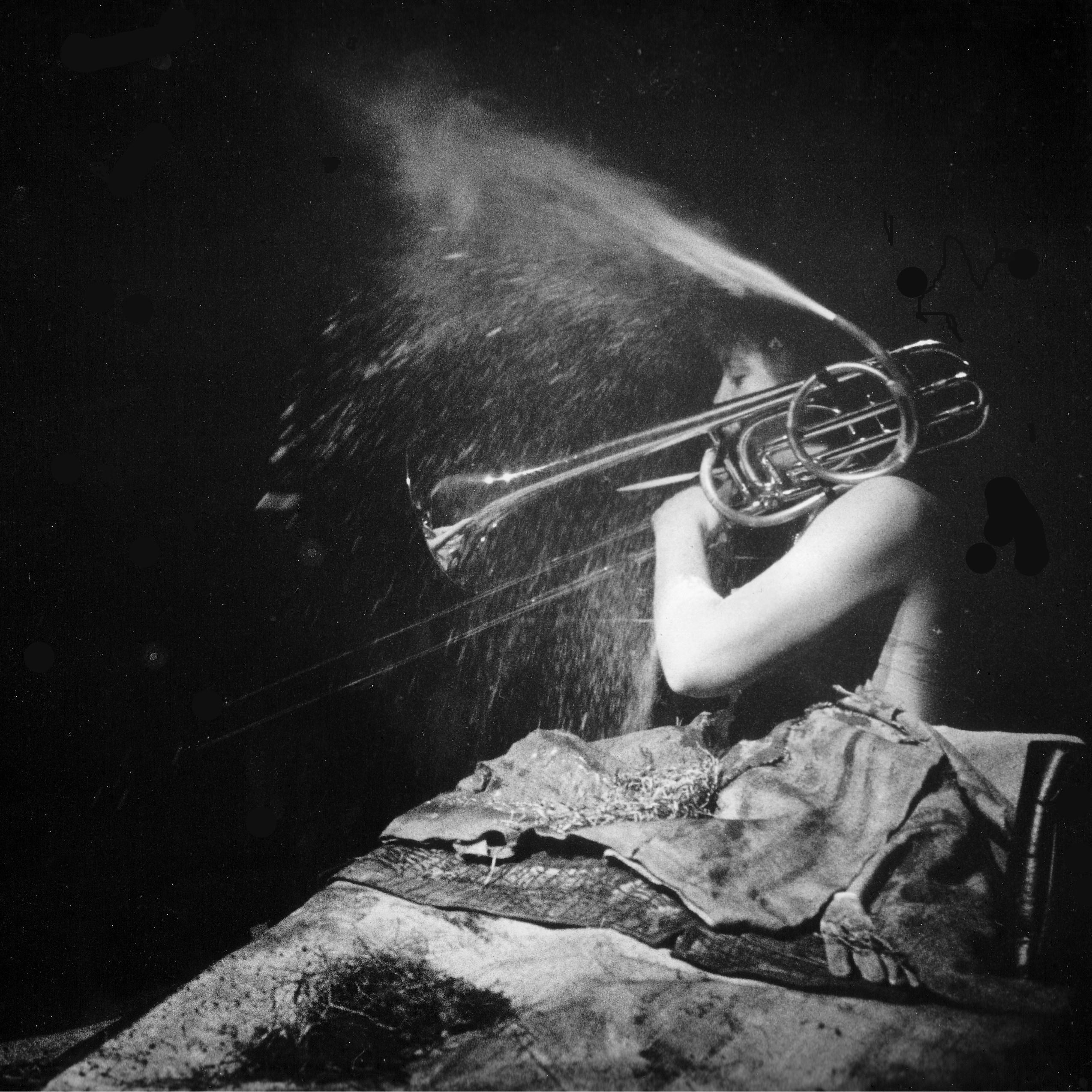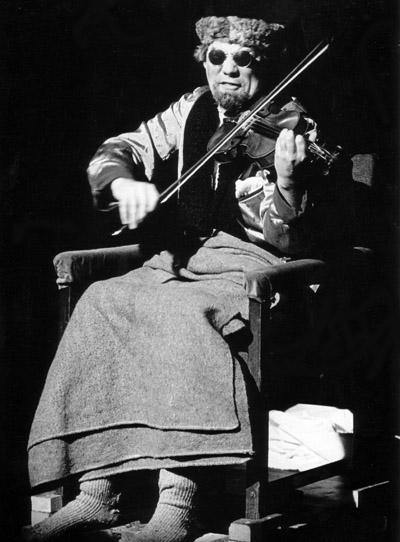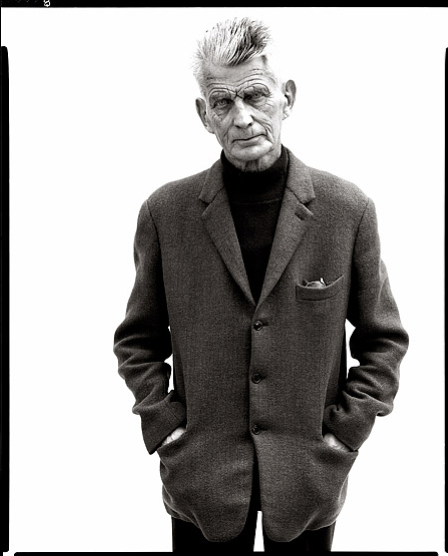
nothing to say. just a montage-assemblage
What then, if philosophy – whether as critique or not – loses its sovereignty, and is indeed no longer capable of effecting its own desubstantialisation, its own expropriation? What if it exists in a field where the substance of thought is beyond the scope of its own self-legislation? Or, to paraphrase Kant, What is it to orient oneself in capitalism?, which is to say in a reality where philosophy is beset and often outstripped by an ‘automatic subject’, to use Marx’s ominous phrase, which critique struggles to circumscribe and which non-critical affirmative thought strains to rival?
Alberto Toscano, RAVING WITH REASON: FANATICISM, ICONOCLASM AND CRITIQUE
Blanchot writes in The Infinite Conversation (p.265) "an uncertain, indecisive fate that therefore remains always unaccomplished"
Adorno to Bloch (1962) "A good deal of what I wrote in my youth has the character of a dreamlike anticipation, and only after a certain moment of shock, which no doubt coincided with the outbreak of Hitler’s Reich, did I truly believe that I was right to do what I did. Like most socalled child prodigies, I am a very late developer, and I still feel today that whatever I truly exist for still lies before me"
***
I'm disgusted with the Ph.D application process, what a waste of time. bourdieu was right verbatim. I want to wake up to a morning of homo academicus hecatomb
***
en azından Celan & Bachmann mektuplaşmalarının türkçesi çıktı, turkuvaz kitap, adi "kalp zamanı" (herzzeit). Yok Etme'de hani güler ya Maria (Bachmann) tüm bir kitabı kateder sonra bu neşe, ve sonrasını bilmediğim bir yerde metin kayıplara karışır, Bernhard nereye kaçışır, nasıl hayatta kalır? belki bu yüzden Bachmann, Bernhard için Beckett'i aştı diyordu, hayatta "kal"manın bir yolunu buldu.
turkish translation of herzzeit (celan-bachmann correspondance) made its way to shelves now. remembrance tells me of the smile Maria gifted to Bernhard's Auflösung [extinction], at the same time visceral and vicarious, bringing madness a twist, appropriating it, running away turning back, those true fugitives full of laughter run away, we lose the trace- no longer "trace"s. after human. that's why Bachmann wrote Bernhard passed beyond Beckett concerning the determinations his ecriture deals with. He found a way to remain alive.
plus

























.jpg)

